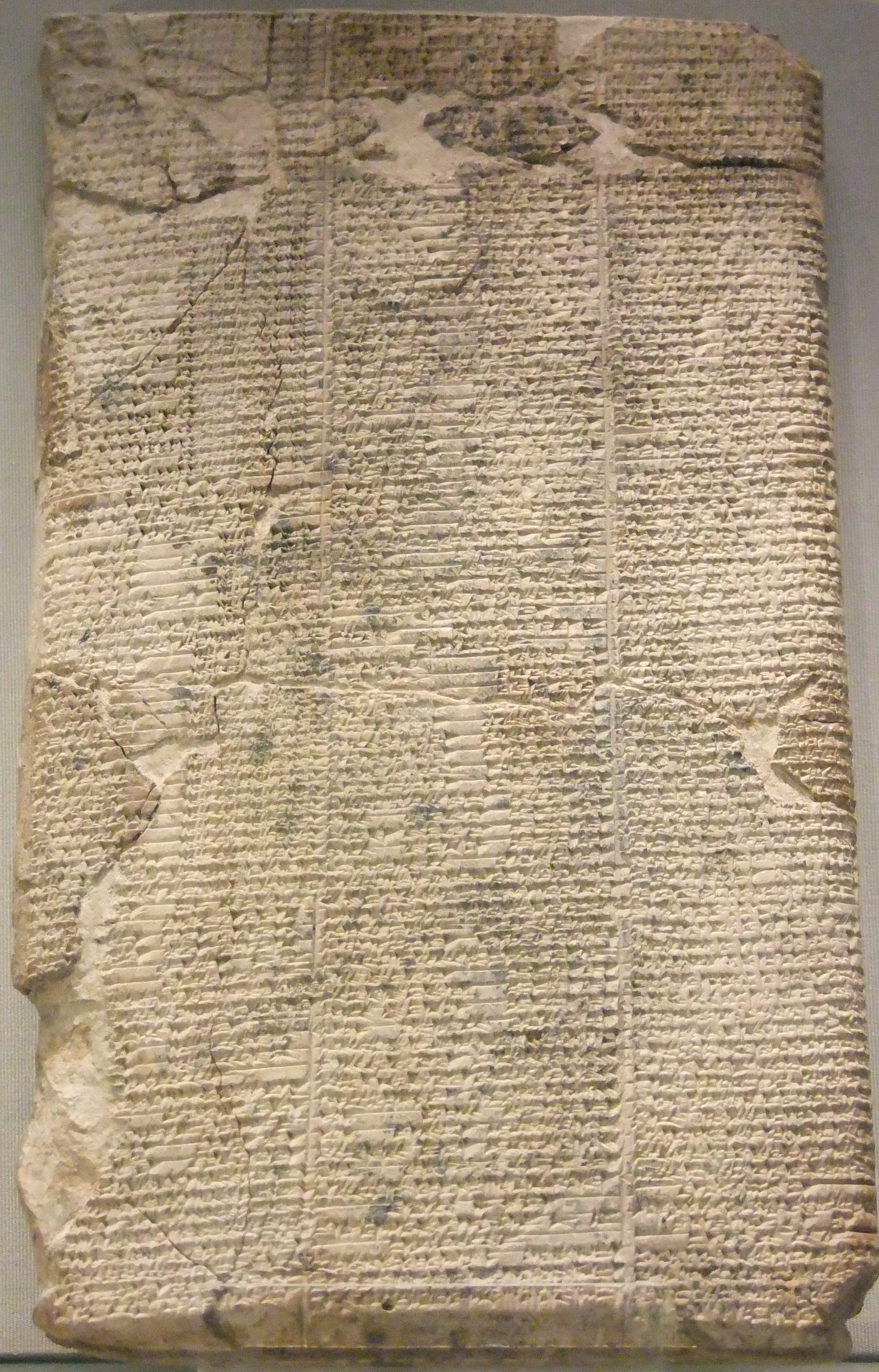Kindattu on:
[Wikipedia]
[Google]
[Amazon]
 Kindattu (, ''ki-in-da-tu'', also Kindadu, reigned ca. 2000 BC, middle Chronology) was the 6th king of the
Kindattu (, ''ki-in-da-tu'', also Kindadu, reigned ca. 2000 BC, middle Chronology) was the 6th king of the
Shimashki Dynasty
The Shimashki or Simashki dynasty (, ''lugal-ene si-mash-giki'' "Kings of the country of Simashgi"), was an early dynasty of the ancient region of Elam, to the southeast of Babylonia, in approximately 2100-1900 BCE. A list of twelve kings of Shim ...
,D. T. Potts (2016). ''The Archaeology of Elam.'' Cambridge University Press. p. 135. in Elam
Elam (; Linear Elamite: ''hatamti''; Cuneiform Elamite: ; Sumerian: ; Akkadian: ; he, עֵילָם ''ʿēlām''; peo, 𐎢𐎺𐎩 ''hūja'') was an ancient civilization centered in the far west and southwest of modern-day Iran, stretc ...
(in present-day southwest Iran), at the time of the third dynasty of Ur
The Third Dynasty of Ur, also called the Neo-Sumerian Empire, refers to a 22nd to 21st century BC ( middle chronology) Sumerian ruling dynasty based in the city of Ur and a short-lived territorial-political state which some historians consider t ...
in ancient Lower Mesopotamia
Lower Mesopotamia is a historical region of Mesopotamia. It's located in the alluvial plain of Iraq from the Hamrin Mountains to the Faw Peninsula near the Persian Gulf.
In the Middle Ages it was also known as the ''Sawad'' and al-Jazira al-sfli ...
.
He is mentioned in the Shilhak-Inshushinak
Shilhak-inshushinak (Šilḫak-Inšušinak I) (means powered by inshushinak) was king of Elam from about 1150 to 1120 BC and a king of the Shutrukid Dynasty.
When he replaced his older brother, Kutir-nahhunte he became the last great king of ...
list of kings who did work on the Inshushinak
Inshushinak ( Linear Elamite: ''Inšušnak'', Cuneiform: , ''dinšušinakki''; possibly from Sumerian '' en-šušin-a ', "lord of Susa") was one of the major gods of the Elamites and the protector deity of Susa. He was called ''rišar napa ...
temple in Susa. Apparently, Kindattu invaded and conquered Ur (2004 BC), and captured Ibbi-Sin
Ibbi-Sin ( sux, , ), son of Shu-Sin, was king of Sumer and Akkad and last king of the Ur III dynasty, and reigned c. 2028–2004 BCE ( Middle chronology) or possibly c. 1964–1940 BCE (Short chronology). During his rei ...
, the last of the third dynasty of Ur, and made him a prisoner. The Elamites sacked Ur and settled there, but then were defeated by Ishbi-Erra
Ishbi-Erra (Akkadian: d''iš-bi-ir₃-ra'') was the founder of the dynasty of Isin, reigning from ''c.'' 2017 — ''c.'' 1986 BC on the middle chronology or 1953 BC — ''c.'' 1920 BC on the short chronology. Ishbi-Erra was preceded by Ibbi-Si ...
, the first king of the Isin dynasty in his year 16, and later expelled from Mesopotamia.
The destructions are related in the Lament for Ur
The Lament for Ur, or Lamentation over the city of Ur is a Sumerian lament composed around the time of the fall of Ur to the Elamites and the end of the city's third dynasty (c. 2000 BC).
Laments
It contains one of five known Mesopotamian ...
:
The Lament for Sumer and Ur
The lament for Sumer and Urim or the lament for Sumer and Ur is a poem and one of five known Mesopotamian "city laments"— dirges for ruined cities in the voice of the city's tutelary goddess.
The other city laments are:
*The Lament for Ur
...
then describes the fate of Ibbi-Sin
Ibbi-Sin ( sux, , ), son of Shu-Sin, was king of Sumer and Akkad and last king of the Ur III dynasty, and reigned c. 2028–2004 BCE ( Middle chronology) or possibly c. 1964–1940 BCE (Short chronology). During his rei ...
:
An Hymn to Ishbi-Erra
Ishbi-Erra (Akkadian: d''iš-bi-ir₃-ra'') was the founder of the dynasty of Isin, reigning from ''c.'' 2017 — ''c.'' 1986 BC on the middle chronology or 1953 BC — ''c.'' 1920 BC on the short chronology. Ishbi-Erra was preceded by Ibbi-Si ...
, although quite fragmentary, mentions the role played by Kindattu in the destruction of Ur.
See also
*City Lament
A City Lament is a poetic elegy for a lost or fallen city. This literary genre, from around 2000 BCE onwards, was particularly prevalent in the Mesopotamian region of the Ancient Near East. The Bible's Book of Lamentations concerning Jerusalem a ...
References
Elamite kings Shimashki Dynasty {{iran-royal-stub